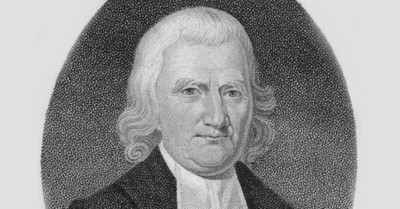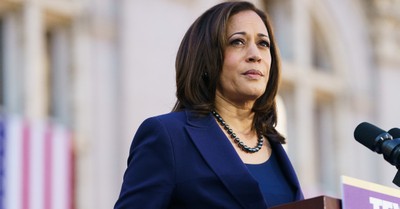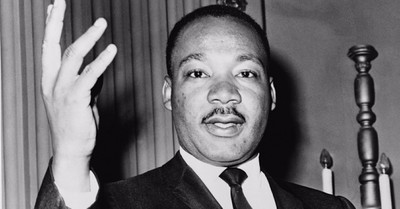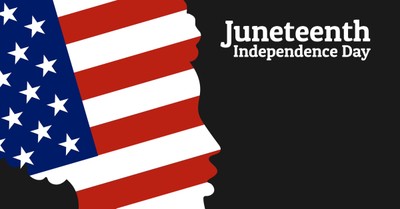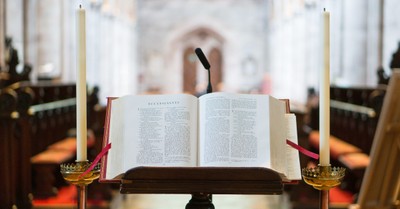
A Texas church has issued an apology after an in-law of the Duggars of TLC's 19 Kids and Counting made controversial comments about slavery during a guest sermon last month.
During a June 25 Sunday School lesson at Fairpark Baptist Church in Fort Worth, Texas, Mike Keller, whose daughter, Anna Duggar, is married to the currently incarcerated Josh Duggar, compared protests in modern times to slavery.

